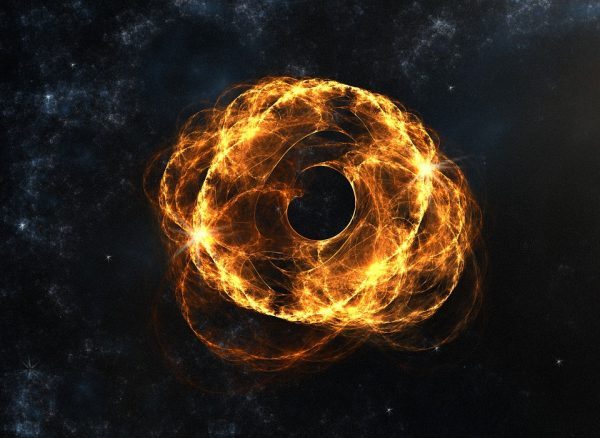
So there you are, about to leap into a black hole. What could possibly await should — against all odds — you somehow survive? Where would you end up and what tantalizing tales would you be able to regale if you managed to clamor your way back?
The simple answer to all of these questions is, as Professor Richard Massey explains, “Who knows?” As a Royal Society research fellow at the Institute for Computational Cosmology at Durham University, Massey is fully aware that the mysteries of black holes run deep. “Falling through an event horizon is literally passing beyond the veil — once someone falls past it, nobody could ever send a message back,” he said. “They’d be ripped to pieces by the enormous gravity, so I doubt anyone falling through would get anywhere.”
If that sounds like a disappointing — and painful — answer, then it is to be expected. Ever since Albert Einstein’s general theory of relativity was considered to have predicted black holes by linking space-time with the action of gravity, it has been known that black holes result from the death of a massive star leaving behind a small, dense remnant core. Assuming this core has more than roughly three-times the mass of the sun, gravity would overwhelm to such a degree that it would fall in on itself into a single point, or singularity, understood to be the black hole’s infinitely dense core.


